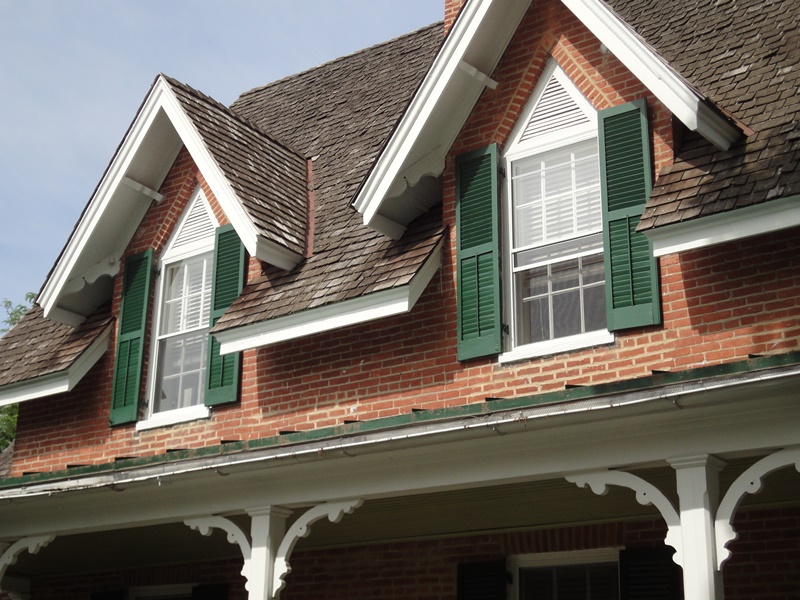Preservation Maryland is pleased to announce it will be hosting several historic rehab tax credit workshops on Maryland’s Eastern Shore.
Preservation workshops for homeowners AND commercial property owners
The workshops will provide attendees with information on the Maryland Heritage Structure Residential Rehabilitation Program, a 20% tax credit available to qualified historic homeowners engaging in qualified rehab projects. The workshops will be led by Nakita Reed and W. Ward Bucher, architects with extensive preservation experience, who are both with the firm of Encore Sustainable Design.
Attendees can expect to learn:
- What properties are eligible for the state and federal tax credit programs
- What projects and expenses are eligible for the credit
- The basics of the Secretary of the Interior’s Standards for Rehabilitation
- How to prepare a tax credit application
The workshops will also offer information on the state’s small commercial historic tax credit – a 20% tax credit available for Main Street-type rehab projects that do not exceed $500,000 in total qualified rehab expenses. Information will also be provided on the federal historic tax credit program.
The workshops are free, but there is a recommended donation of $15 to help defray the expenses of Preservation Maryland, a 501(c)3 organization dedicated to preserving Maryland’s historic buildings, neighborhoods, landscapes, and archaeological sites through advocacy, funding, and outreach.
Workshop Dates
Eastern Shore Tax Credit Workshop 4
Wednesday, May 24, 2017, 6pm
Cambridge, Maryland
Past Events
- Eastern Shore Tax Credit Workshop 1, Wednesday, March 29, 2017, 12pm, Federalsburg, Maryland
- Eastern Shore Tax Credit Workshop 2, Wednesday, April 19, 2017, 7pm, Easton, Maryland
- Eastern Shore Tax Credit Workshop 3, Wednesday, May 10, 2017, 5pm, Chestertown, Maryland
FUNDING PROVIDED BY
Funding for this program was generously provided by the Rural Maryland Council. The Rural Maryland Council brings together citizens, community-based organizations, federal, state, county and municipal government officials as well as representatives of the for-profit and non-profit sectors to collectively address the needs of rural Maryland communities.

